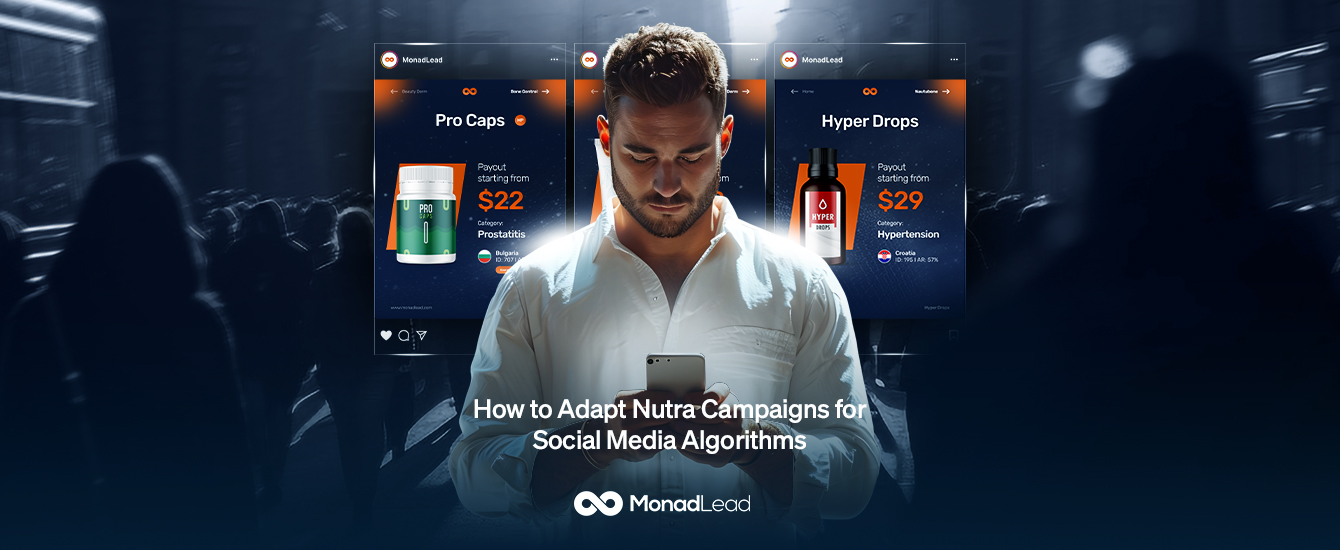Are you tired of pouring time, effort, and money into affiliate marketing campaigns that just don't seem to be driving the results you want? Look no further, we have a solution!
Micro-influencers could be the answer to your affiliate marketing prayers. By partnering with the right ones, you can reach a highly targeted audience, drive sales, and increase brand awareness.
But, how do you go about finding the right micro-influencers and creating an effective campaign? Don't worry, we've got you covered. In this blog, we'll be sharing our top 10 tips for using micro-influencers to grow your affiliate marketing business. From identifying your target audience to fostering authenticity, we'll cover everything you need to know to create a successful micro-influencer campaign.
So, grab a cup of coffee, sit back, and let's dive in!
Who are Micro-Influencers?
Micro-influencers are like the hidden gems of the social media world, with small but fiercely loyal followings. These influencers typically have anywhere between 1,000 to 100,000 followers on platforms like Instagram, TikTok, and YouTube, and they are known for their specialized expertise in niche topics such as fashion, beauty, fitness, food, and travel.
What sets micro-influencers apart from the rest? Well, unlike macro-influencers or celebrities, micro-influencers have a personal connection with their followers. They're seen as trustworthy experts in their respective fields, and their content is viewed as more authentic and relatable.
And let's not forget, that working with micro-influencers is often more cost-effective than partnering with macro-influencers, making them an attractive option for small businesses and startups with limited marketing budgets.
So, if you're a brand looking to reach a more targeted audience or a social media user looking for authentic content from experts in your favorite niche, micro-influencers might just be what you're looking for. Keep reading to learn more about their power!
10 Tips for making money with the help of Micro-Influencers
1. Identify your target audience
Before you start looking for micro-influencers, you need to have a clear understanding of your target audience. WHO ARE THEY? WHAT ARE THEIR INTERESTS AND PAIN POINTS? WHAT SOCIAL MEDIA PLATFORMS DO THEY USE? Understanding your target audience will help you find micro-influencers whose followers align with your target audience.
2. Define your campaign objectives
What are your goals for your micro-influencer campaign? Do you want to increase brand awareness, drive traffic to your website, or boost sales? Defining your campaign objectives will help you choose the right micro-influencers and create a campaign that is aligned with your goals.
3. Research micro-influencers
Once you have identified your target audience and campaign objectives, it's time to start researching micro-influencers. Look for individuals with a highly engaged following in your niche. You can use tools like BuzzSumo, HypeAuditor, or Klear to find relevant micro-influencers. When evaluating potential micro-influencers, look at their engagement rates, audience demographics, and previous sponsored content.
4. Create a compelling offer
To entice micro-influencers to promote your affiliate products or services, you need to create a compelling offer. This could include offering a higher commission rate, providing exclusive discounts or offers for their followers, or offering free products or services for them to try.
5. Develop a clear briefing document
To ensure that your micro-influencer campaign is aligned with your brand and campaign objectives, you need to develop a clear briefing document. This document should include information about your brand, campaign objectives, key messages, and any guidelines or restrictions for promoting your products or services.
6. Provide high-quality content
To ensure that your micro-influencer campaign is successful, you need to provide high-quality content for them to share with their followers. This could include product images, videos, or blog posts. Make sure that the content is aligned with your brand and campaign objectives and that it is tailored to the micro-influencer audience.
7. Track and measure your results
To determine the success of your micro-influencer campaign, you need to track and measure your results. This could include monitoring affiliate sales, engagement rates, website traffic, or social media metrics. Use tools like Google Analytics, Hootsuite, or Sprout Social to track your results and make adjustments to your campaign as needed.
8. Build long-term relationships
Micro-influencer marketing is not a one-time strategy. To get the most out of your micro-influencer partnerships, you need to build long-term relationships. This could include working with the same micro-influencers on multiple campaigns or offering them exclusive deals or promotions.
9. Leverage user-generated content
User-generated content (UGC) is a powerful way to promote your affiliate products or services. Encourage your micro-influencers to create UGC by asking their followers to share their experiences using your products or services. You can then share this UGC on your own social media channels or website.
10. Foster Authenticity
One of the main benefits of working with micro-influencers is their ability to create authentic content that resonates with their followers. To ensure that your micro-influencer campaign is authentic, give your influencers creative control over their content. This will help them create content that feels authentic and genuine to their followers.
So, to wrap up, micro-influencers are a powerful strategy that can help you take your sales to the next level. By following our 10 tips for effective micro-influencer campaigns, you can find the best micro-influencers for your affiliate marketing program, develop a compelling campaign, and track your results for future success. The benefits of micro-influencer partnerships for affiliate marketing are undeniable, but it's essential to foster authenticity and build long-term relationships to ensure the success of your campaigns. So, if you're ready to boost your affiliate marketing sales, start leveraging the power of micro-influencers today!
Table of Content
Subscribe and follow









